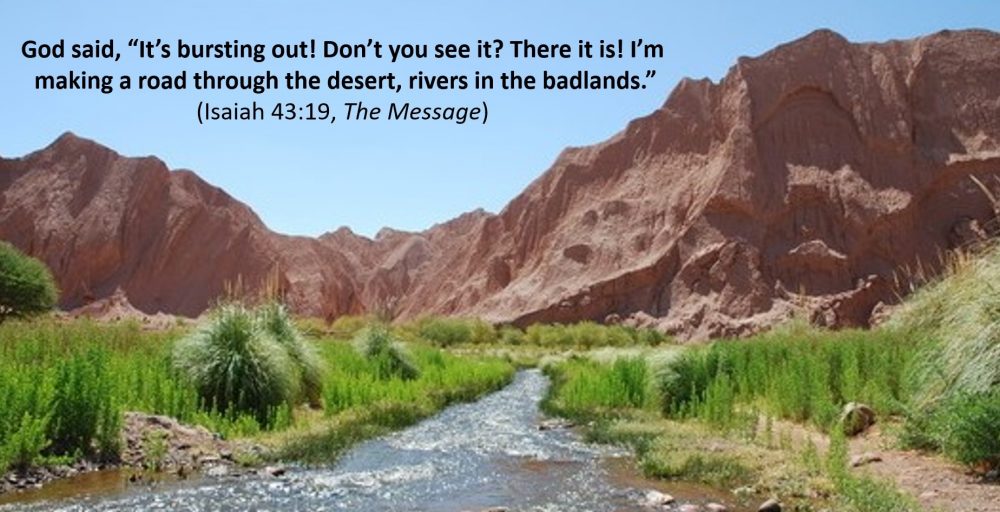
It was about fifteen years ago. My little three-year-old grandson climbed on my knee with one of his favourite storybooks. I read a bit and then, from his memory of the many times we had done this before, he told the next bit . . . and on we went together, telling the story in turns to each other. However, this time was to be different for, when we got to the last page, one of us (I can’t remember which) turned over to the blank page at the end and the blank inside cover of the book and we continued the story together, telling each other what might have happened next. As we went forward together in our imaginings, the pictures in the inward eye were much more vivid than those on the earlier printed pages.
We all enjoy stories. As children we love them but, as adults too, are we not also easily caught up in stories we read, hear or view on screen? Those novels for bedtime or vacation reading, the detective mystery unfolding on TV, the blog of that friend’s travels, the heart-to-heart sharing of a life’s ups and downs by a complete stranger sitting beside us on a long bus journey. They have different settings, different plot-lines, different characters and themes, different lengths. We listen to them, we read them, we view them in plays and films, we hear them in song, we make them up, we tell them. They make us laugh, cry, reflect, imagine, lose ourselves—as my grandson and I did in that tale that we read together.
Stories are central to the way in which we structure our understanding of ourselves and others, of actions and events. They are part of our language and thought, of our whole experience of the world and our way of living.
We don’t just enjoy them as diversions, we think in stories. And we dream in stories, however chaotic these tales of the night may be at times. Whether waking or sleeping, we place characters and events in patterns in space and time. We locate ourselves and one another and the things that happen to us and around us in narrative contexts.
We are story-makers! Whether listening on the train to half a conversation that somebody is having on his cell phone, or reading the inscriptions on gravestones, or anticipating the next episode of a serial story on the radio, we cannot help filling in the details.
There is a fundamental incompleteness to all the stories that we tell, just as my grandson and I experienced when we came to the blank pages at the end of the book and found that we just had to continue the story.
This is true of our own personal stories, the stories of our lives. They need the context of bigger stories to make sense of them. Otherwise we are left looking out into nothingness.
Part Two next week!
Heavenly Father, help us to live, move and have our being in your Big Story. Amen.
(This blog is adapted from part of a chapter in a book I wrote a few years ago.)
